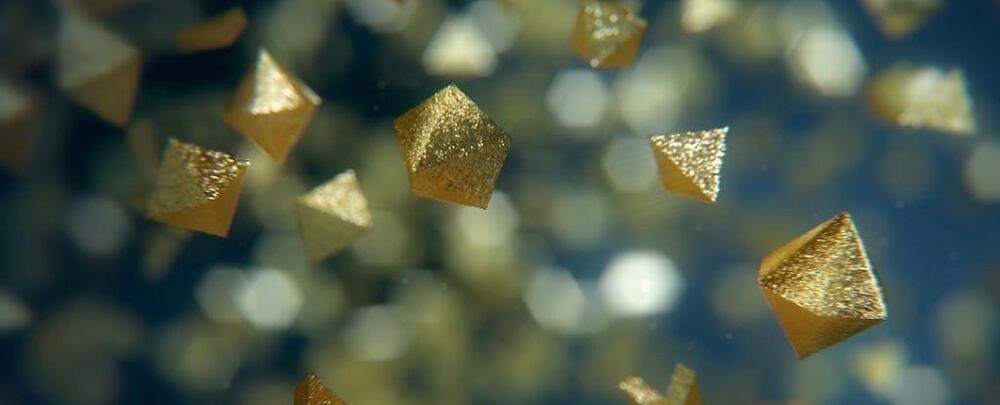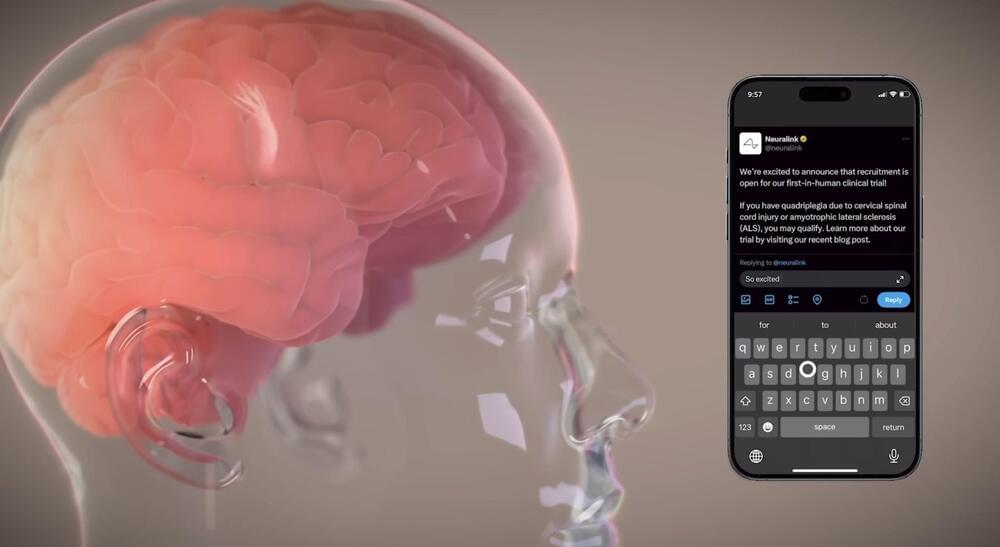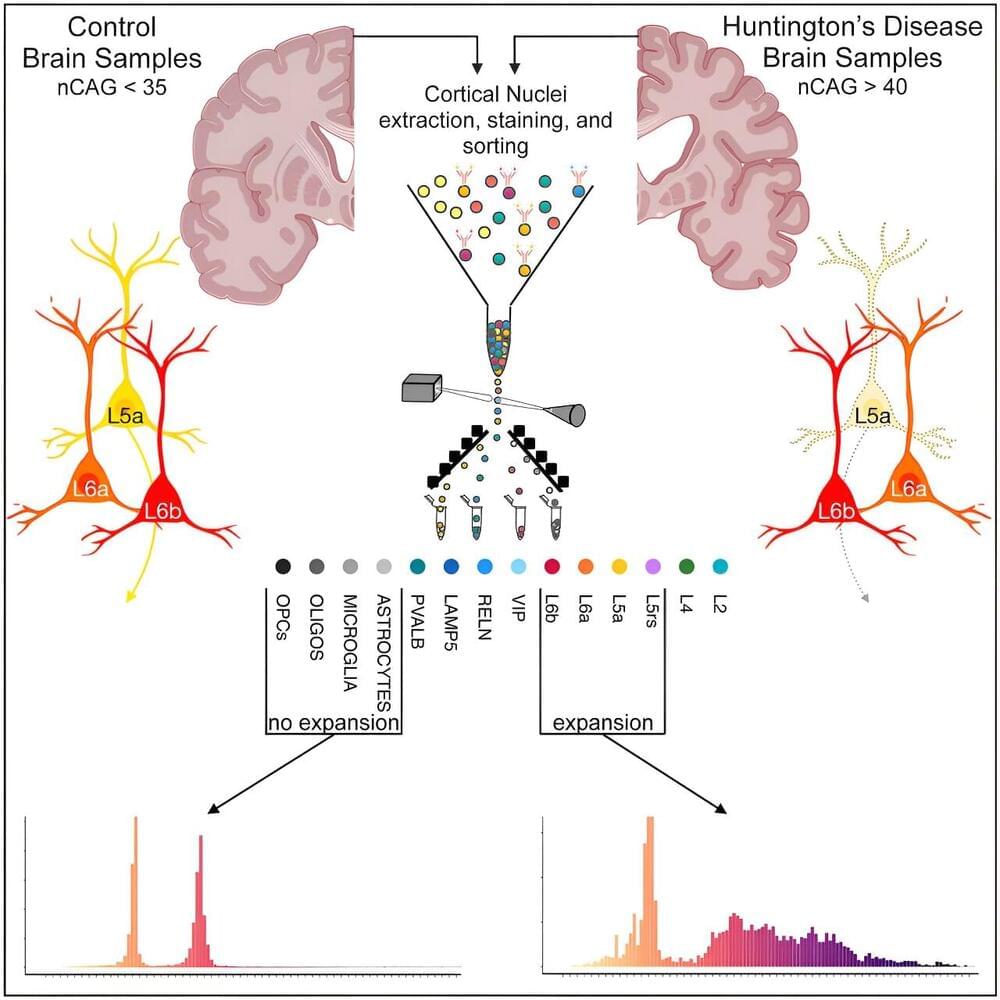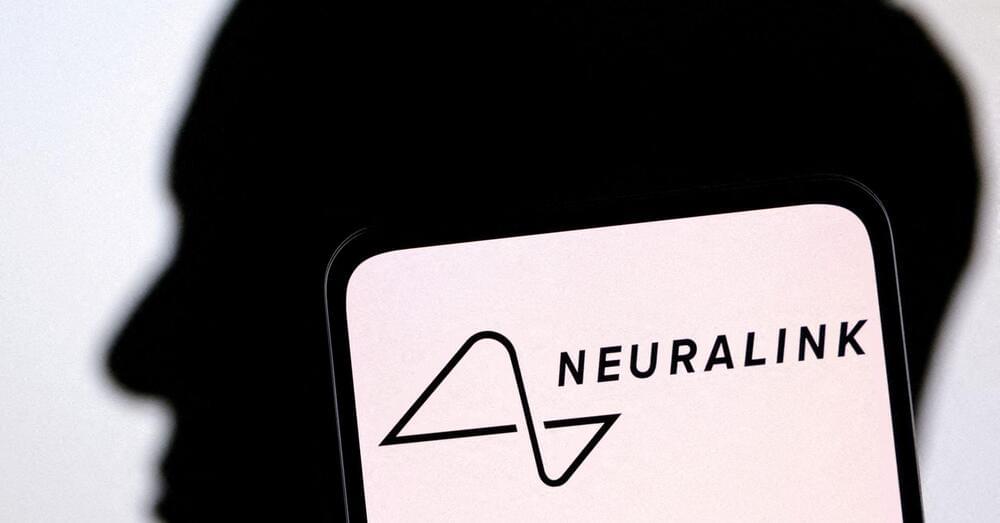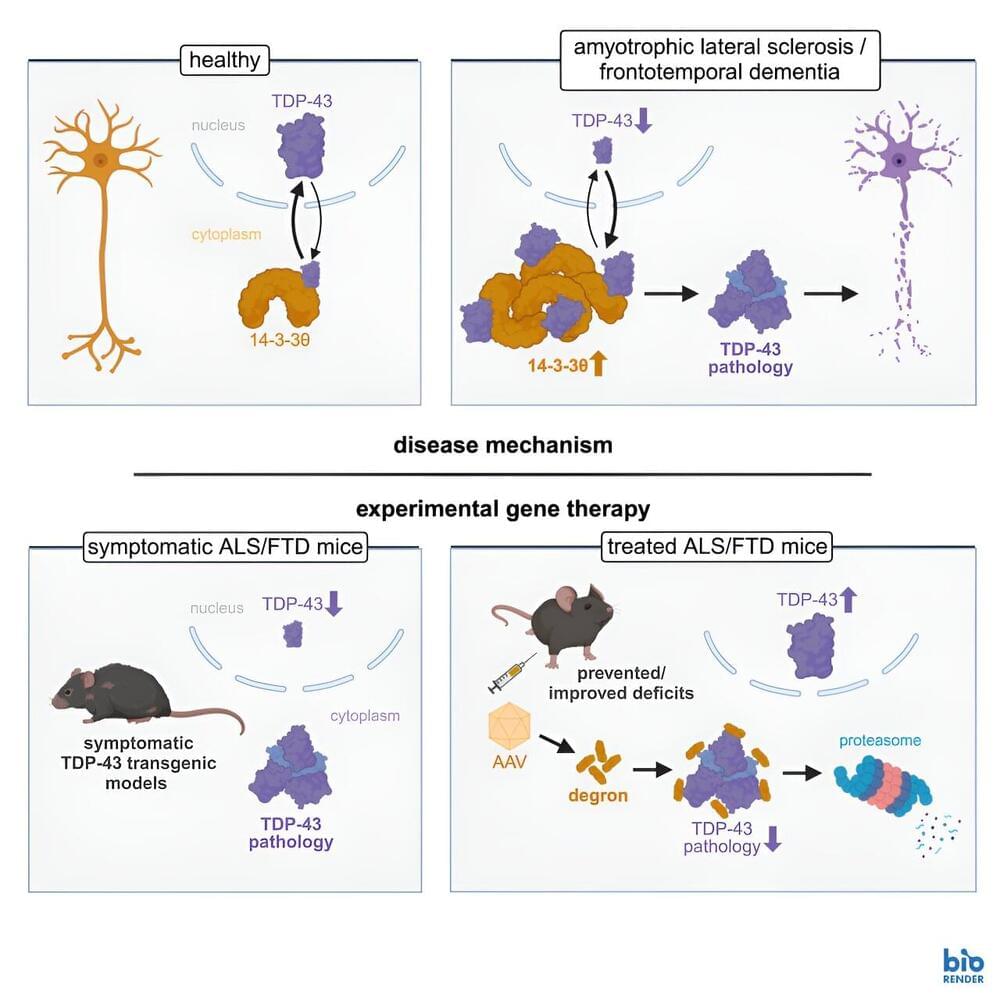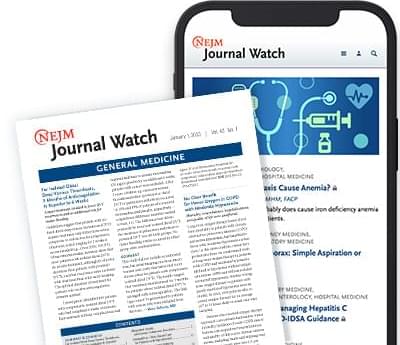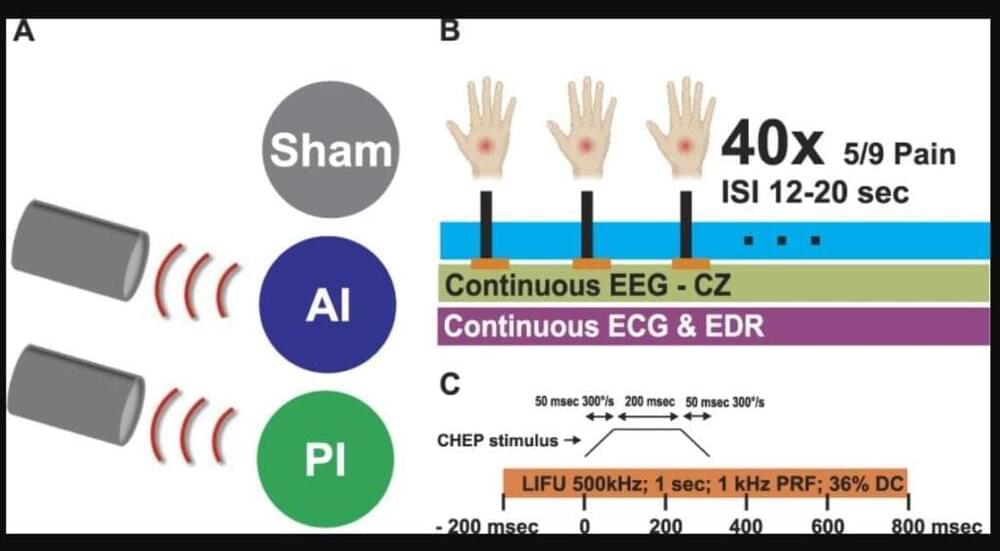Scientists are investigating whether an oral drug sprinkled with gold nanoparticles could one day treat neurodegenerative diseases like Parkinson’s and multiple sclerosis.
The experimental medicine, called CNM-Au8, has now shown success in boosting the brain’s metabolism in phase II clinical trials.
Research on the safety and efficacy of the daily drug is still ongoing, but the initial results have researchers hopeful. The medicine contains suspended nanoparticles of gold that can apparently pass the blood-brain barrier and improve energy supply to neurons, preventing their decline.
